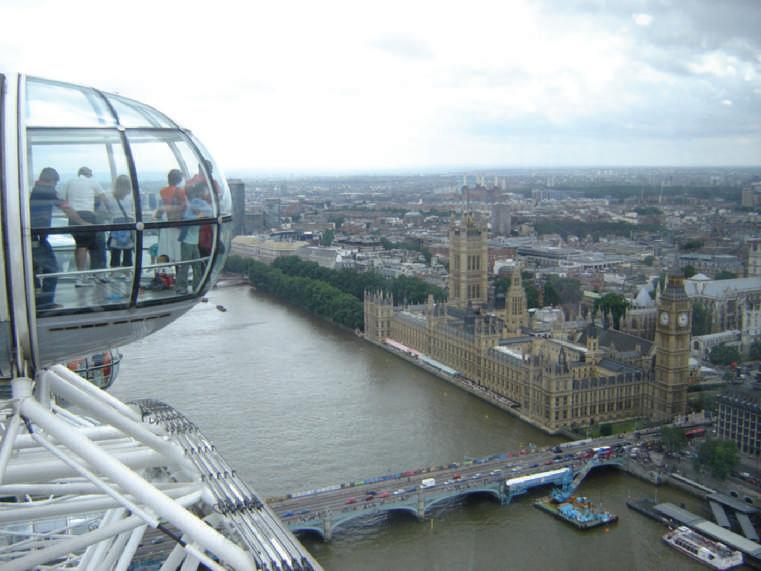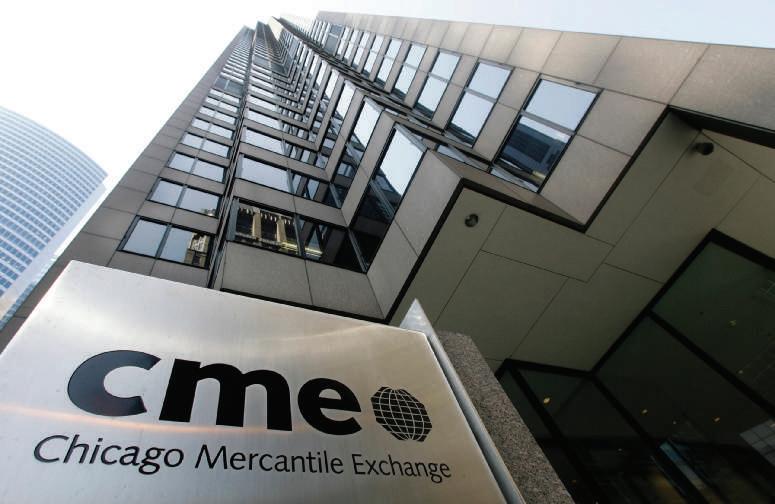
3 minute read
6-2c Capitalism
EConomiC PErsPECTivEs What Impact Has the Chinese Government’s “One Child” Policy Had on Chinese Society?
Beginning in 1979 the communist government of China formally adopted a “one child” family planning policy. This policy officially restricted the number of children married Chinese couples can have to one, although there are exceptions allowed for couples outside urban areas (i.e., rural couples) or parents without any siblings themselves. The goal of the program has been to help alleviate China’s overpopulation problem. While the program has achieved this goal, it has also resulted in arguable “gendercide” with Chinese couples regularly aborting and even killing female babies because of a strong cultural preference for sons. In China today, the ratio of males born to females born is approximately 125 males to 100 females, far off from the “natural” order of things that approaches 1 to 1. Putting aside any ethical or moral issues involved with this, this Chinese policy has also had considerable economic impact.
Advertisement
Because of China’s skewed sex ratios, young Chinese men are finding it very difficult to get married. These rootless young men, known in China as “bare branches,” are increasingly getting involved in criminal activities, leading to extra costs for hiring police. Moreover, China’s ultra-competitive marriage market has led parents with single sons to save more money to help them with dowries and to otherwise attract mates. Indeed, observers have attributed about 50 percent of the increase in China’s saving rate over the past 25 years to its one-child policy. This sharp increase in China’s saving rate has helped offset other Chinese governmental efforts to try and boost consumption by Chinese consumers. Less consumption by Chinese consumers means fewer exports to China by U.S. consumer product companies like Coca-Cola, Proctor & Gamble, and Colgate Palmolive corporations, and fewer profits (and U.S. jobs) for these companies. China’s “bare branch” approach to things has had a considerable worldwide macro-economic impact.
Questi O ns:
1) What types of crime do you think Chinese “bare branches” might be most likely to be involved with?
2) What kinds of impacts does China’s one-child rule have on retirement policies in that country? (Hint: Chinese parents now have only one child, on average, to help support them when they get old.)
Sources: “Gendercide,” The Economist, March 6, 2010, p. 13; “The Worldwide War on Baby Girls,” pp. 77–80.
6-2c Capitalism
Capitalism involves an economic system where businesses are privately owned with a strong individualistic profit orientation. Very little role for government exists in a pure capitalistic or “free market” economic system. Individual gains and losses of wealth can be very large, as the government, pursuant to this ideology, essentially stays out of the way of the economic system and the individual successes and failures that occur. Individual incentivization is at the heart of capitalistic economic ideology.
The United States of America, with its strong individualistic/entrepreneurial/free market spirit, has historically been viewed as the leading economically capitalistic economy in the world. However, as noted above, even in the United States, the federal government has taken a role in the economic sector. For example, through its Troubled Asset Relief Program (TARP) and other programs, the government has held major ownership stakes in a number of the country’s largest automobile manufacturers, insurance companies, and banks. More recently, Congress passed the Patient Protection and Affordable Care Act that generally guarantees health care coverage to all American citizens. It was the goal of the government to increase coverage and decrease health care costs for individuals. This is just one example of many from a host of long-standing U.S. government programs—from food stamps and
capitalism
an economic ideology where businesses are privately owned, strong individual incentives exist, and the government plays very little role in the economy






